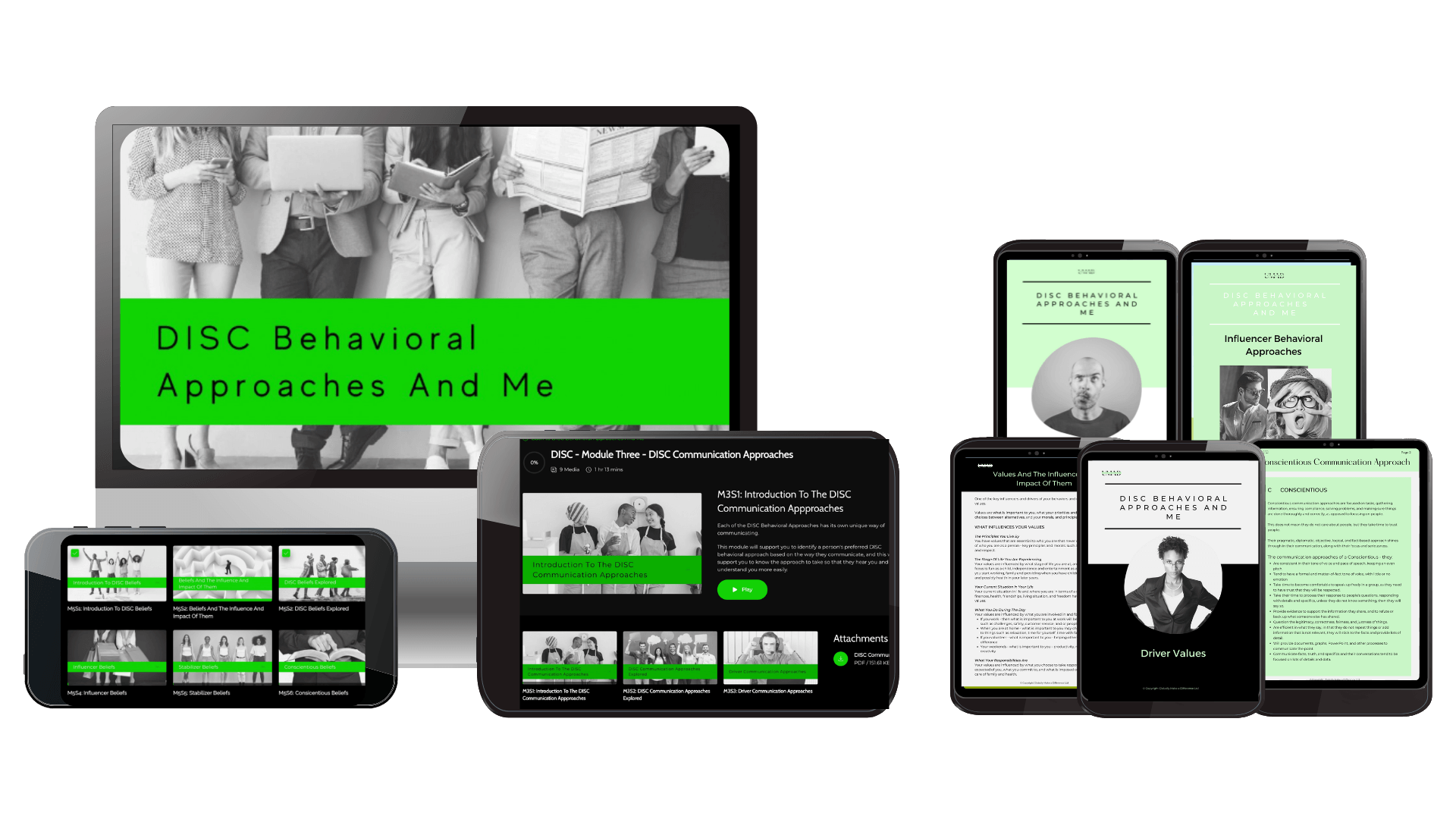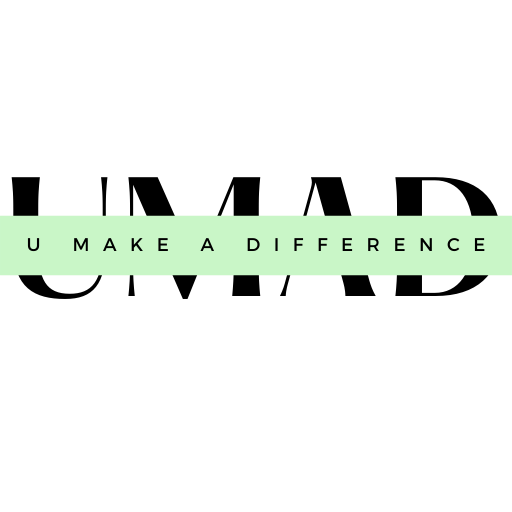In the dynamic world of relationships, behaviors play a crucial role in shaping how we perceive and interact with others. They provide us with valuable insights into a person’s thoughts, emotions, and intentions, ultimately influencing our responses and even emotional reactions. However, it is important to recognize that interpreting behaviors is not always straightforward.
Let me share a personal story that perfectly encapsulates the impact of behaviors that were experienced in the workplace. At a point in my career, I found myself in a unique position where I reported to two bosses – the Human Resources Manager and the Public Relations Manager. Each morning, as I greeted my two supervisors, their contrasting responses had a significant influence on how I felt and our interactions.
What unfolded…
As the sun rose on a typical workday, I would approach the HR Manager to say hello, hoping for a warm exchange. Nine times out of ten, to my disappointment, I was often greeted with nothing more than a dismissive grunt. I soon found myself interpreting his behavior as a lack of interest in engaging with me. This triggered a sense of rejection and wariness within me, which left me wanting to distance myself from him.
Conversely, my other boss, the Public Relations Manager, always shared a warm and enthusiastic “good morning!”. The genuine warmth and openness exuded by this boss fostered an environment of confidence, comfort, and ease. I wanted to connect, interact, and invest more energy in my work with the PR Manager as I felt valued and respected.
The Impact And Lessons Learned:
- I connect with some behaviors and not with others
- My interpretation of a persons behavior is not necessarily the true reason for it
- My emotional insecurities influence my ability to work with people whose behavior I feel rejected by
- I allow some behaviors to diminish my self worth and value
- People have a lot more going on for and within them that influences their behavior
- It is important to understand why a person behaves the way they do and not personalize it
- I have no idea how my behavior is expressed and the impact and influence I have on others
My experience highlights the significance of behaviors in shaping not only workplace dynamics but the dynamics in our sports teams, homes, families, and personal relationships. It illustrates how our interpretations of behaviors can influence our emotions, attitudes, and interactions and why understanding your and other’s behavioral approaches is so important.
THE POWER OF BEHAVIORS
 In your daily interactions, you will encounter people who you connect with effortlessly, understand intuitively, and are comfortable interacting with.
In your daily interactions, you will encounter people who you connect with effortlessly, understand intuitively, and are comfortable interacting with.
On the other hand, there are those individuals with whom you will struggle to connect, understand, and sometimes even get frustrated or impatient with. These situations arise due to differences in your behavioral styles, and how you approach people and tasks.
If you can relate to these experiences, then you’re like many of us. Certain individuals naturally resonate with your way of processing information, communication, and ways of doing things. However, there are others whom you find it challenging to connect with, understand, and accept fully.
You will be more open and receptive to people you connect with
And less so with those you struggle to connect with
Some people seem to understand you effortlessly (they often behave in a similar way to you), while with others, it feels like a long and arduous journey to reach understanding – if it ever happens at all.
In these interactions, both parties often have a similar message, but the differences lie in how you approach and express yourselves. It can be confusing and even disheartening when you encounter people whom you simply cannot understand, especially when they are family members, friends, colleagues, or even your partner.
WHY DO DISCONNECTS AND MISUNDERSTANDINGS OCCUR?
They can be attributed to several factors that influence behavioral approaches:
- Different perspectives and priorities, and what is important to a person and why
- Varied speeds of processing information, thinking, problem-solving, and decision-making
- Different areas of focus, such as details, outcomes, emotions, physical comfort, optimism, and pessimism
- Diverse preferences in terms of interacting with people or doing tasks
- Varying communication styles and responses
- Emotional state of the person
- Expression of behaviors that are natural vs normal, conditioned, and learned
These factors contribute to the uniqueness and differences among individuals. Some behaviors and approaches may align with yours, while others may differ significantly. Understanding these differences and similarities in behavioral approaches is not just powerful it is necessary if you want to express the potential of your relationships.
WHY BOTHER EXPLORING AND UNDERSTANDING YOUR BEHAVIORAL APPROACH...
Behaviors are a fundamental aspect of human communication. They provide you with visible and observable cues to understand a person’s thoughts, feelings, and intentions. However, they can be subject to misinterpretation.
When you encounter someone’s behavior, it is common place to react emotionally, read into it, and respond accordingly. Your behaviors also have an impact on others, just as theirs influence you. This reciprocal relationship makes it crucial to be mindful of managing your assumptions, your emotions and how you interpret and respond to behaviors.
By recognizing that behaviors can be prone to misinterpretation, you can consciously manage any hasty judgments or jumping to conclusions, that you experience. Instead, you can engage in active listening, open-mindedness, and empathy to gain a deeper understanding of the person behind the behavior.
Through acknowledging the complexity of behaviors and staying mindful of your interpretations, you can foster better understanding and communication with others, leading to stronger relationships and reduced misunderstandings.
By gaining insight into how you and others express yourselves from an external perspective, you can bridge gaps of misunderstanding, confusion, and wasted time and energy.
Furthermore, self-awareness helps you to tap into your unexpressed potential, enabling personal growth and development.
THE IMPACT OF BEHAVIORAL DIFFERENCES:
 Misunderstandings and conflicts may arise due to varying approaches.
Misunderstandings and conflicts may arise due to varying approaches.
I experienced this with my partner. He talked to me briefly about purchasing a new water tank for our home. I was extremely busy at the time, and remember some of the conversation, but not all, and agreed with his suggestion.
The water tank arrived, then a significant issue presented itself. He purchased the largest tank there was, without working through the process of how we would get it to the other side of our garage, a process that required something to lift it there.
His approach is to act and then work out how to do something. My approach is to work through the process and how we will achieve the outcome before we act.
Needless to say, after two months the tank is still sitting in the spot where the delivery truck placed it.
Understanding our behavioral differences can foster understanding, acceptance, connection, and growth.
THE STRUGGLE OF INTERNAL CONFLICT AND STRESS:
Within you, there is a mix of natural behaviors that feel effortless and right and others that are shaped by external expectations and past experiences. These “normal” behaviors may feel comfortable and familiar due to conditioning over time, but they can easily be disrupted by emotions. Similarly, some “normal” behaviors may feel forced and drain our energy to express.
In a recent role I fulfilled, I had the opportunity to reflect on a behavior that I expressed that didn’t resonate with me. I idenitifyied that the behavior was an expectation that I had of myself. I was part of a team who made it a regular practice to take their half-hour lunch breaks together and connect.
Initially, I joined them, with the belief it was the right thing to do, and I was changing an old pattern of mine, where I did not stop for lunch and get to know the people around me at a more personal level.
I was doing so to create a connection with them. Yet my preference was to get on and focus on the task at hand, and connect with the people I needed, to complete the task.
There was a difference in what was important to the team members, and what was important to me at that time, and this was reflected in our behaviors.
To foster personal growth and development in your approaches and interactions, it is crucial to identify:
- the behaviors that are natural to you
- where you have opportunities to unravel and unlearn conditioned normal behaviors
- the potential you have in how you express yourself, that you haven’t tapped into
By recognizing these areas, you can influence your approach, connection, and communication, so you experience more meaningful interactions
ENHANCING SELF-AWARENESS:
Through the process of understanding yourself, you grow your ability to differentiate and embrace what aligns with your true and natural self. This self-awareness enables you to identify areas for growth, adapt and let go of conditioned behaviors that do not feel right, and approach people and situations more openly and naturally.
As you cultivate insight into your own behaviors and motivations, you become better equipped to understand others who exhibit similar traits. You are able to identify others who have different approaches, learn from them, and naturally adapt your approach to them.
This expanded awareness fosters acceptance and receptiveness to differing behavioral approaches, leading to more powerful and effective interactions.
ENHANCING AWARENESS OF OTHERS:
Being aware of how others may differ from us in terms of their behavioral approach supports us in various ways. It allows us to be more accepting, open, and receptive to their perspectives, facilitating effective communication and meaningful connections. Additionally, developing a deeper understanding of others helps us ask the right questions and gain insights into their unique behavioral patterns.
By reflecting on your own behaviors and observing the actions and reactions of different individuals, you can gain a deeper understanding of their perspectives, motivations, and needs. This knowledge enables you to approach interactions with empathy, respect, and open-mindedness. By recognizing and appreciating the diversity in behavior, you can establish meaningful connections and forge stronger relationships with people from various backgrounds and experiences
First Seek To Understand, Then Be Understood
Stephen Covey
Want to explore more about behavioral approaches?
I cannot put a price on the value to be gained from exploring your behaviors and the way other people behave.
Hi, I’m Melinda. With years of experience in facilitating and training thousands of individuals, I’ve learned the importance of identifying the right approach to connect with each person, ensuring they are receptive to me. This includes tailoring my communication to focus on the content they connect with and using an approach that resonates with them. Not only does this lead to a greater understanding and application of the learnings gained from our interactions, but it also drives personal growth and strengthens my relationships.
One model that has served as my guiding light in this area is The DISC model. If you’re eager to gain a deeper understanding of the processes that drive people’s behaviors and explore the four distinct behavioral types people express, my DISC Behavioral Approaches and Me course adventure is designed just for you. Take a moment to check it out and prepare to enhance your adaptability and responsiveness in your interactions.
DISC Behavioral Approaches And Me

